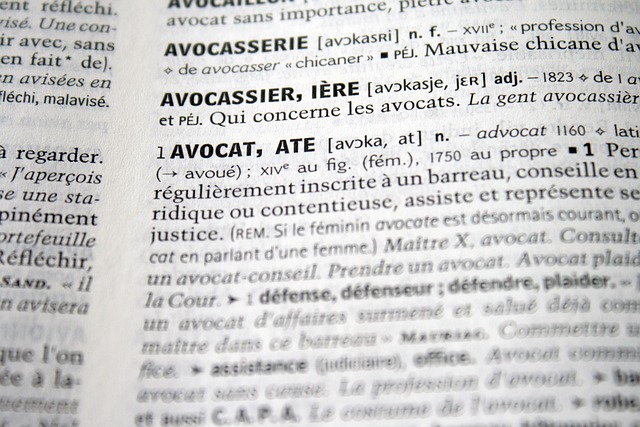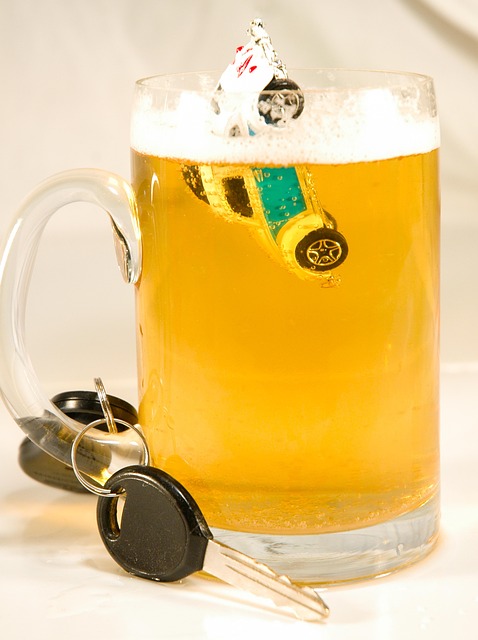First-time DUI offenders can benefit from advanced vehicle safety features (VSFs) like automatic emergency braking, lane departure warnings, and adaptive cruise control, which offer a nuanced approach in their legal cases. The DUI law's leniency towards first-timers allows for education and rehabilitation instead of harsh penalties. Integrating VSFs into DUI programs encourages accountability, responsible driving behavior, and the opportunity to demonstrate commitment, ultimately fostering a culture of second chances and safer communities.
In today’s digital age, second chances are invaluable, especially for first-time offenders. This article delves into the complex landscape of rehabilitating first-time criminals, focusing on specific programs tailored to their unique needs. We explore how vehicle safety features play a pivotal role in these initiatives, enhancing road security. Additionally, we analyze the impact of DUI laws, shedding light on their role in providing redemption and the potential for positive change. Through this lens, we uncover strategies to foster transformation and reintegration.
- Understanding First-Time Offenders and Their Unique Circumstances
- The Role of Vehicle Safety Features in Second Chance Programs
- DUI Law and Its Impact on Providing Second Chances for Drivers
Understanding First-Time Offenders and Their Unique Circumstances

First-time offenders, especially those facing charges related to driving under the influence (DUI), often find themselves at a crossroads with unique circumstances that warrant understanding and consideration. In many cases, these individuals may have made a mistake due to a lack of awareness or judgment, rather than an intentional act. Vehicle safety features play a crucial role in these scenarios, as they can offer insights into potential mitigating factors. For instance, advanced driver-assistance systems (ADAS) like automatic emergency braking and lane-keeping assist demonstrate the vehicle’s capability to prevent accidents, which could be relevant evidence in court.
The DUI law, while stringent for repeat offenders, provides a chance for leniency with first-time offenses. This is because the law often considers individual circumstances, recognizing that mistakes can happen. Understanding these nuances allows for a more balanced approach to justice, where rehabilitation and education can take precedence over harsh penalties. It’s essential for both the legal system and society at large to acknowledge and address the unique challenges faced by first-time offenders, ensuring they have the opportunity to learn from their experiences without being forever stigmatized.
The Role of Vehicle Safety Features in Second Chance Programs

In the context of second chance programs for first-time offenders, particularly those facing DUI (drunk driving) charges, vehicle safety features play a pivotal role. Modern automotive technology offers a range of advanced safety systems designed to prevent accidents and mitigate their impact. These features, such as automatic emergency braking, lane departure warnings, and adaptive cruise control, are invaluable tools in reducing recidivism rates. By equipping offenders with vehicles equipped with these safety features, rehabilitation programs can provide them with the means to practice responsible driving habits under controlled conditions.
Incorporating vehicle safety features into second chance initiatives aligns seamlessly with the goals of DUI law, which is to promote public safety while offering a path to redemption for those who have made mistakes. These technologies not only serve as powerful deterrents but also provide offenders with hands-on experience in managing potentially dangerous situations. As such, they represent a practical and effective means of fostering responsible driving behavior, ultimately contributing to safer communities.
DUI Law and Its Impact on Providing Second Chances for Drivers

The relationship between DUI law and second chances for first-time offenders is complex, with vehicle safety features playing a significant role in shaping this dynamic. Modern cars are now equipped with advanced safety technologies designed to prevent accidents and protect drivers, passengers, and others on the road. These Vehicle Safety Features (VSFs) include features like automatic emergency braking, lane departure warning systems, and adaptive cruise control. When incorporated into DUI law, these VSFs can offer a path towards redemption and second chances for those convicted of driving under the influence.
By recognizing the potential of VSFs to mitigate risks on the road, some legal frameworks encourage or mandate their use as part of rehabilitation programs for first-time DUI offenders. This approach recognizes that these safety features not only enhance overall vehicle safety but also provide an opportunity for drivers to demonstrate their commitment to responsible driving behaviors. Incorporating VSFs into DUI legislation can thus foster a culture of accountability and second chances, allowing individuals to regain trust and become safer drivers in the future.
In conclusion, providing second chances to first-time offenders is a complex issue that involves understanding unique circumstances and implementing effective programs. Vehicle safety features play a significant role in these initiatives, while DUI law presents both challenges and opportunities. By considering these factors, we can navigate the intricate landscape of second chance programs, fostering a more inclusive and supportive approach for those seeking redemption on the road.






